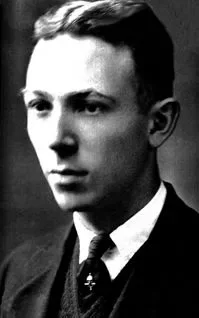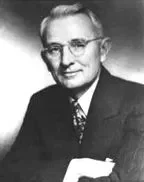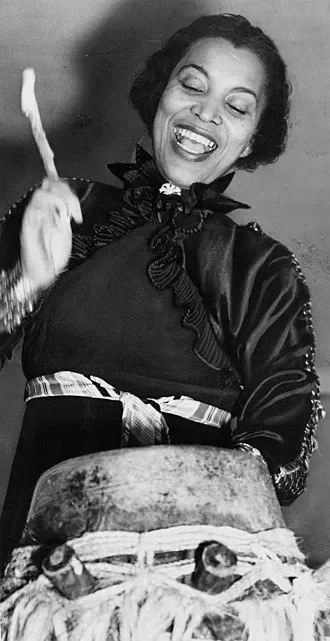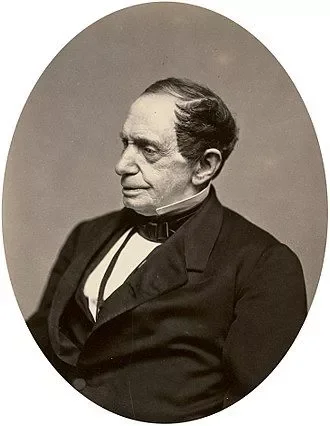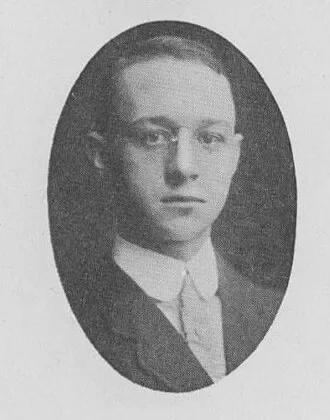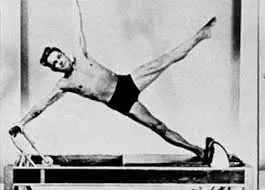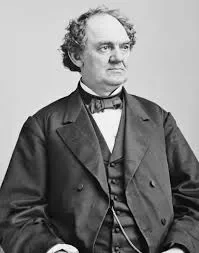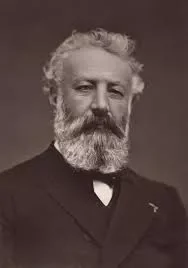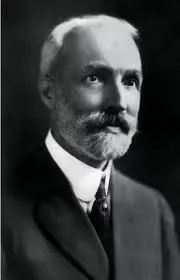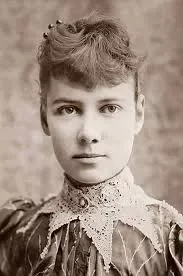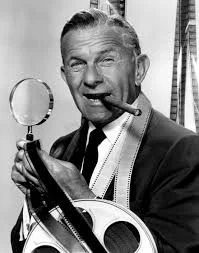Real Celebrities Never Die!
OR
Search For Past Celebrities Whose Birthday You Share
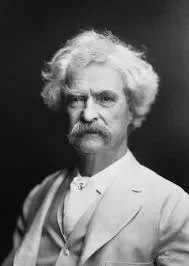
source:wikipedia.org
Mark Twain
Birthday:
30 Nov, 1835
Date of Death:
21 Apr, 1910
Cause of death:
Heart attack
Nationality:
American
Famous As:
Entrepreneur
Age at the time of death:
74
Mark Twain's Quote's
Early Life
Mark Twain once quipped, “The two most important days in your life are the day you are born and the day you find out why.” For Samuel Langhorne Clemens, born on November 30, 1835, in the unassuming town of Florida, Missouri, the “why” emerged in the form of storytelling—an art that would immortalize his pen name, Mark Twain.
The sixth child of Jane and John Clemens, young Sam grew up in Hannibal, Missouri, a bustling river town brimming with characters and adventures that would one day leap from his pages. Life was no steamboat ride, though.
At just 11, tragedy struck when his father passed away, leaving the family in financial straits. Forced to leave school, Sam apprenticed as a printer, setting type by day and devouring books by night.
Little did he know, these humble beginnings would lay the groundwork for a literary career that would shape American culture forever.
Career
Twain’s journey to literary greatness was as winding as the Mississippi River he once navigated. Before penning his first masterpiece, he worked as a printer, a riverboat pilot, a gold prospector, and a journalist. Each detour furnished him with the wit, wisdom, and raw material for his stories.
He adopted the pen name “Mark Twain” in 1863—a riverboat term meaning “two fathoms deep,” or safe water. Safety may have been implied, but Twain’s words often stirred the waters, challenging social norms and hypocrisy with an incisive wit.
Twain’s The Adventures of Tom Sawyer (1876) delighted readers with its nostalgic charm, while Adventures of Huckleberry Finn (1884) delivered a scathing critique of slavery and racism, cementing his reputation as both a humorist and a social critic.
He was, as he said, “a border ruffian of the Mississippi, a renegade without a religion.” Yet, his work resonated with moral clarity.
Beyond novels, Twain published essays, short stories, and travelogues that showcased his observational genius.
Whether recounting his misadventures abroad in The Innocents Abroad or poking fun at human folly in essays, his writing was a mirror held up to society, reflecting both its virtues and its vices.
Personal Life
Behind Twain’s sharp humor lay a man well-acquainted with heartache. He married Olivia Langdon in 1870, and their union brought love, intellectual companionship, and four children. But tragedy shadowed their lives: three of his children died young, and Olivia passed away in 1904, leaving Twain devastated.
Financially, Twain’s life was a rollercoaster. Reckless investments in inventions like the Paige typesetting machine led him to bankruptcy in 1894. But, true to his indomitable spirit, Twain embarked on an exhausting global lecture tour, determined to repay his debts—a feat he achieved by 1900.
Mark Twain died in 1910, the same year Halley’s Comet graced the skies. He had famously predicted he’d “go out with it,” and the cosmos obliged. Twain left behind a literary legacy that captured the essence of America—its humor, its contradictions, and its humanity.
Today, Twain is remembered as “The Father of American Literature,” a title he might modestly accept with a wry smile. As he once mused, “What is the most rigorous law of our being? Growth. No small part of Twain’s genius was his ability to grow, adapt, and teach the world to laugh at its flaws while striving to fix them.
In life and in print, Twain proved that the right word, placed in the right spot, could change the world.
Name:
Mark Twain
Popular Name:
Mark Twain
Gender:
Male
Cause of Death:
Heart attack
Spouse:
Place of Birth:
Florida, Missouri, U.S.
Place of Death:
Stormfield House, Redding, Connecticut, U.S.
Occupation / Profession:
Personality Type
Debater: Smart and curious thinkers who cannot resist an intellectual challenge. Mark Twain loved to debate with people who were on his intellectual level. He didn’t shy away from sharing his opinions.
After the Civil War began, Twain joined the Marion Rangers, a pro-Confederate militia. The character of Huckleberry Finn was based on Tom Blankenship.
He had the chance to invest in the telephone but turned down its inventor, Alexander Graham Bell.
Twain was a bad investor who made several bad investments and eventually went bankrupt.
Twain was born two months prematurely and remained a sick and frail kid until he was seven years old.
He was a well-known and respected writer in American literature history.

